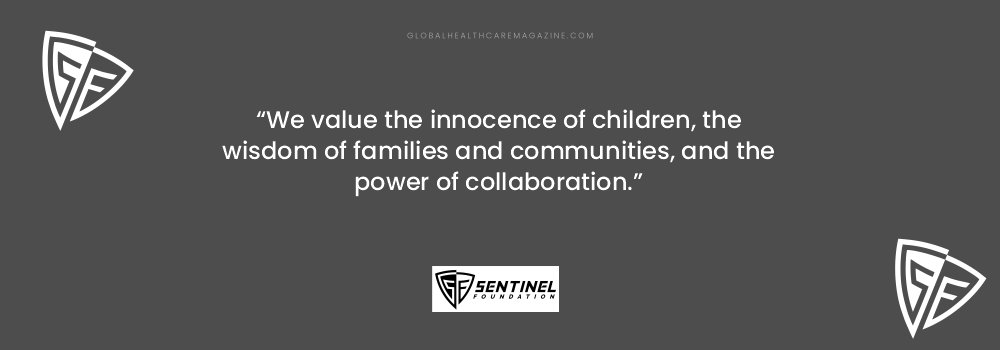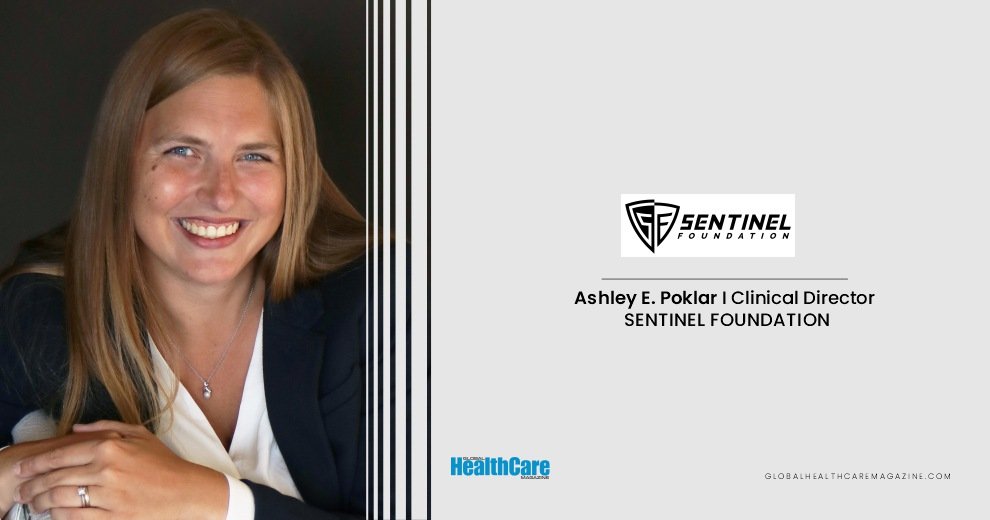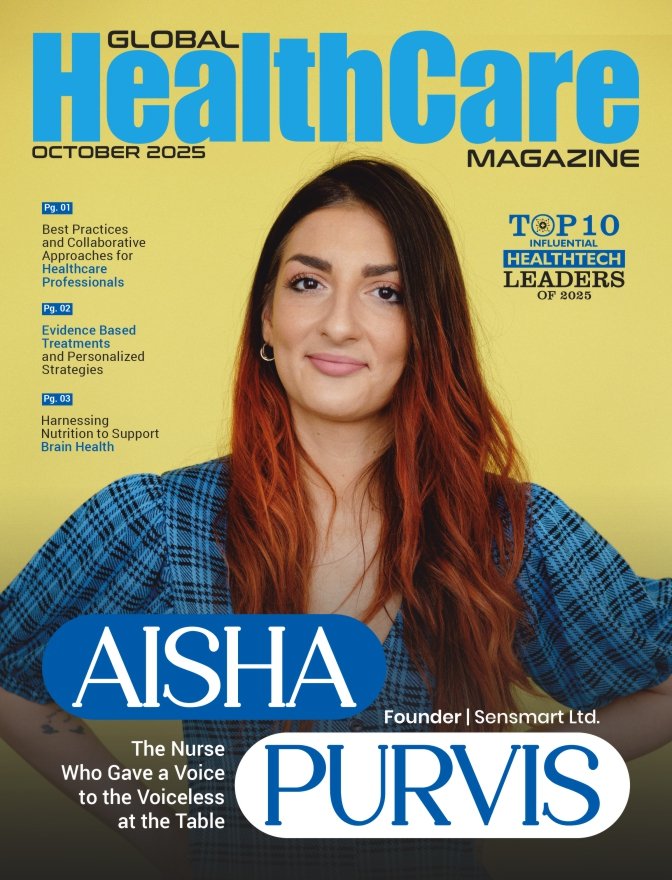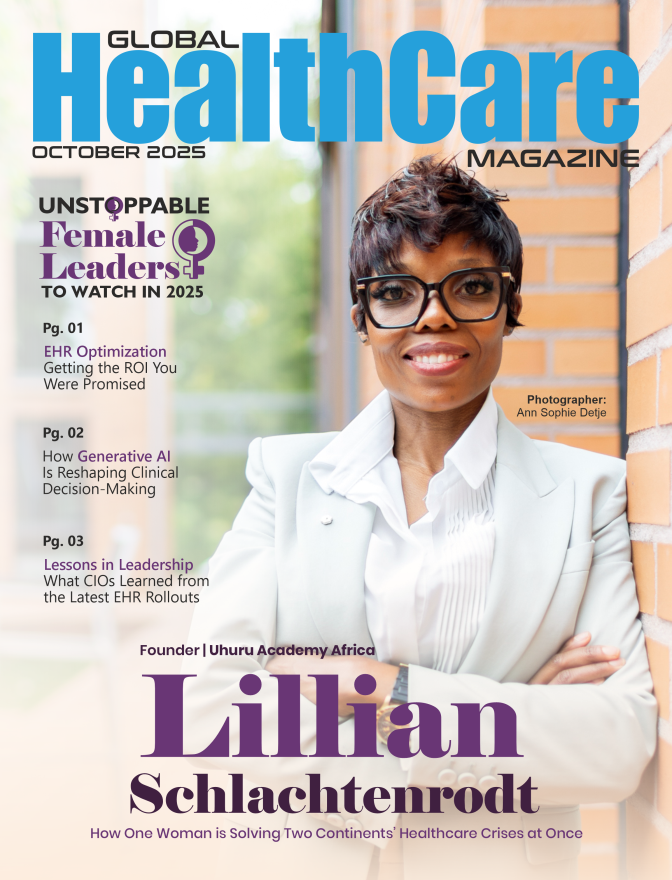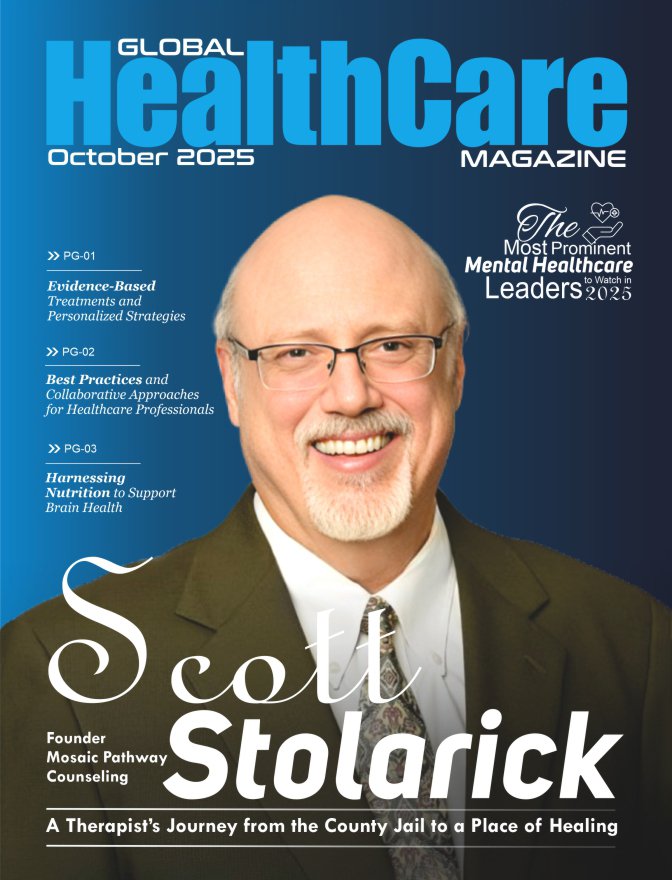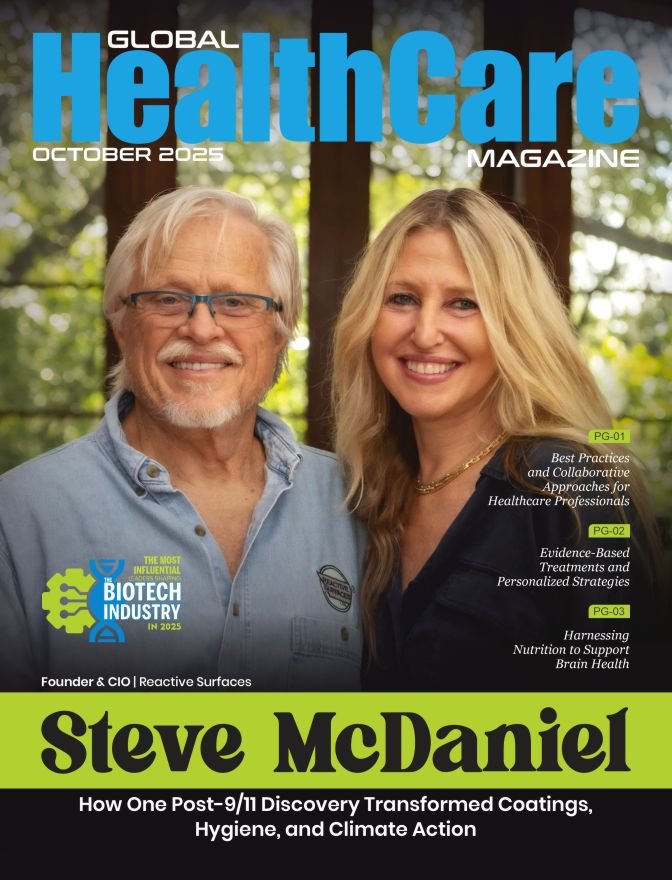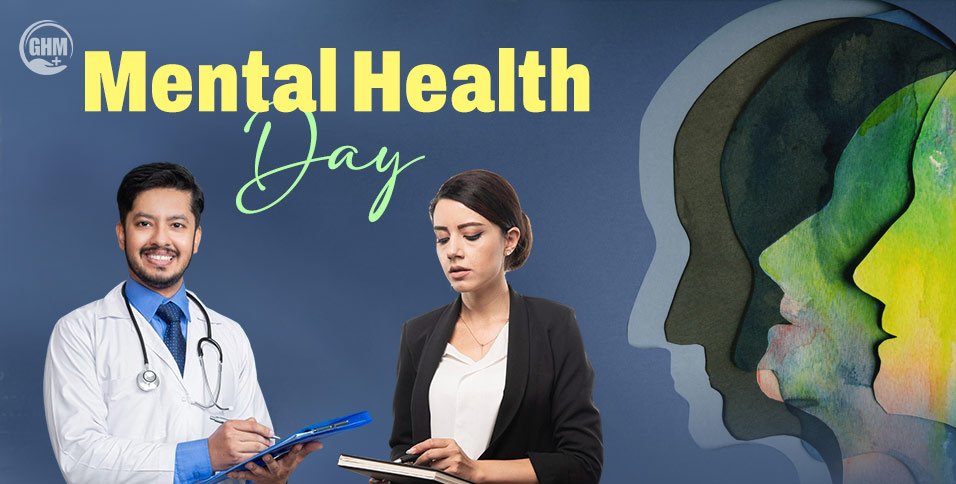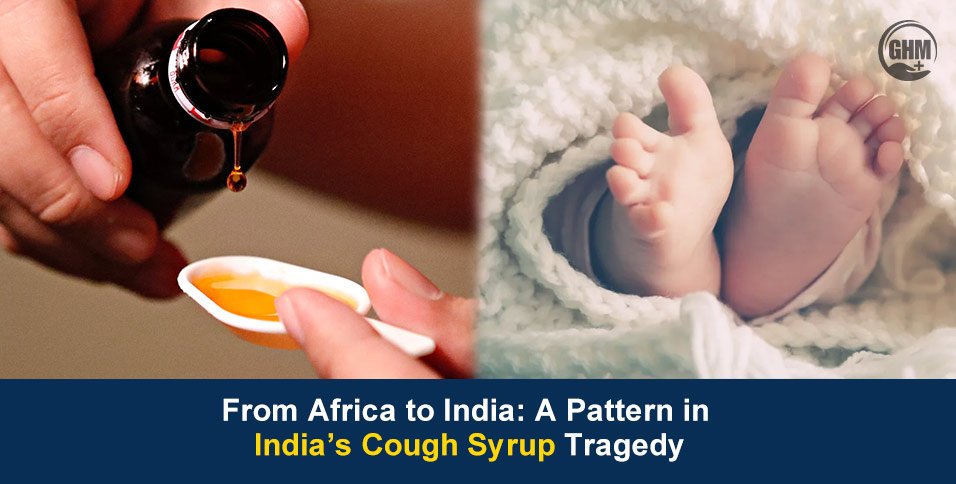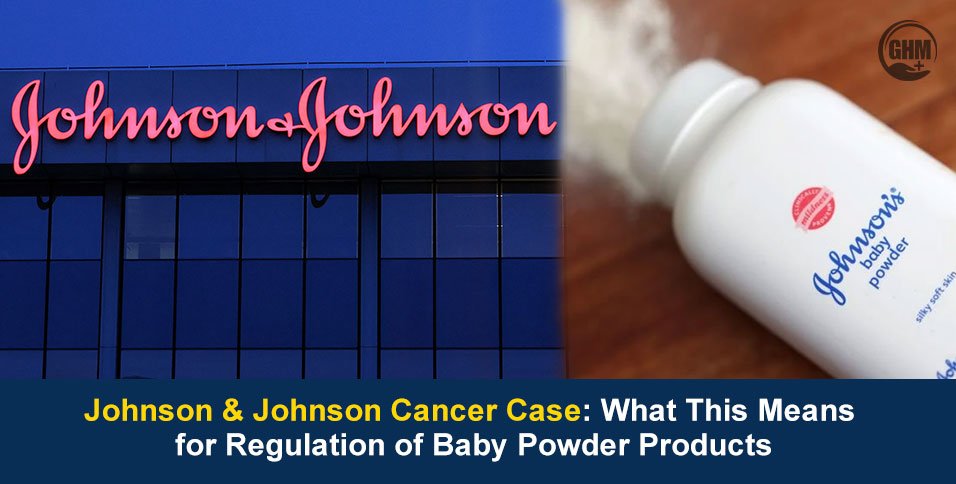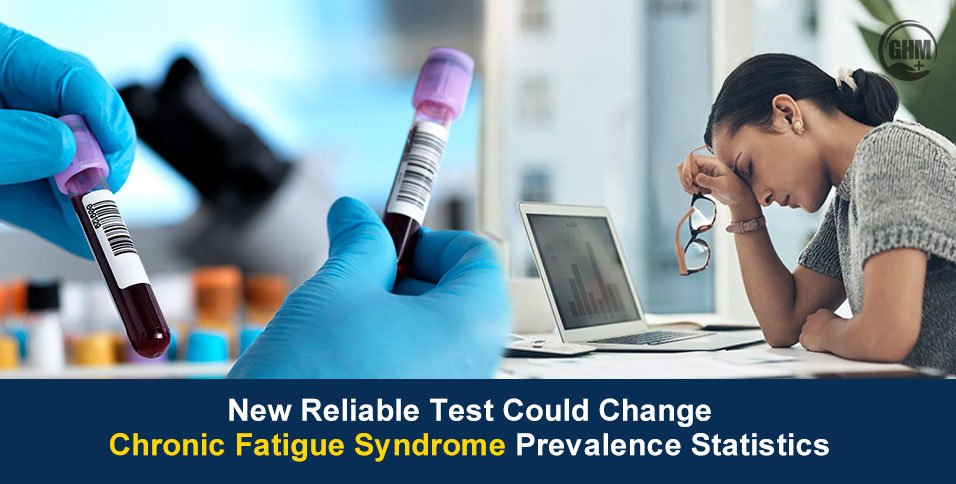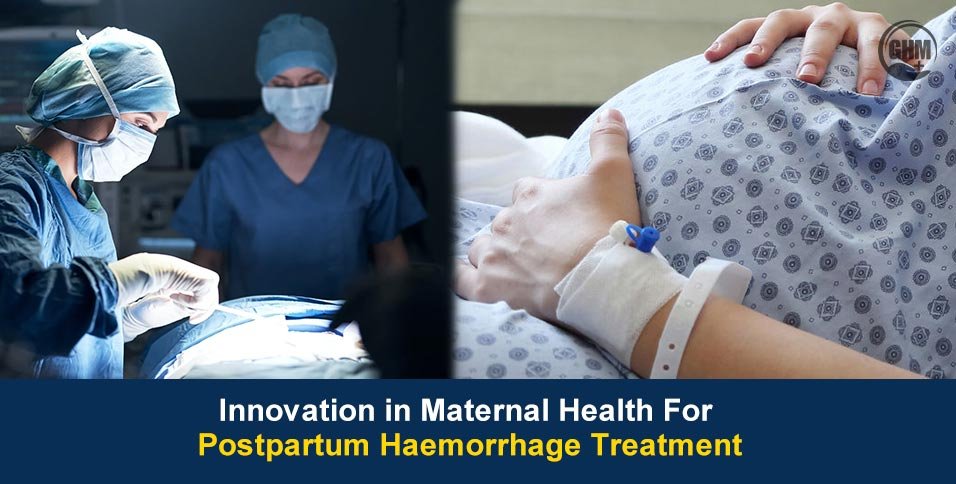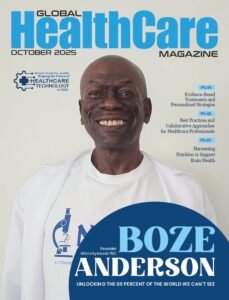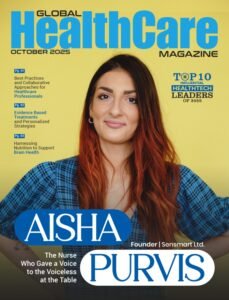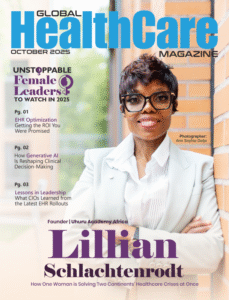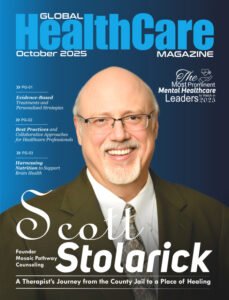- Around 3.3 million children are exploited through labor and sex trafficking globally at any given moment. These numbers soar to over 12 million when forced marriage is included.
- Ashley E. Poklar, Clinical Director at the Sentinel Foundation, emphasizes the need for a coordinated and compassionate strategy to ensure every child receives the support they need to heal and thrive.
- The Sentinel Foundation targets traffickers in collaboration with local law enforcement and provides extensive aftercare support focusing on financial, educational, career, family, and therapy needs.
The International Labor Organization (2022) estimates that around 3.3 million children are exploited through labor and sex trafficking globally at any given moment. When forced marriage is included, the numbers soar to over 12 million. The situation is likely even worse when considering familial trafficking and the rise of online exploitation in recent years. These alarming statistics show the immense challenge of fighting child exploitation in its many forms.
To combat this, we need a multifaceted, collaborative approach. This must include building awareness, prevention, integrating law enforcement in child identification and recovery, and providing comprehensive aftercare support that addresses financial, educational, career, family, and therapy needs.
Ashley E. Poklar, Clinical Director at the Sentinel Foundation, has dedicated her career to tackling this global crisis. “We need to address child exploitation with a coordinated and compassionate strategy, ensuring every child receives the support they need to heal and thrive,” she says.
At Sentinel Foundation, Ashley integrates developmental psychology and child-led interactions into Sentinel Foundation’s existing partnerships with law enforcement focused on child identification and recovery, builds awareness, offers crisis support, and ensures youth and families can access necessary aftercare support.
The Global Healthcare Magazine recently spoke to Ashley, who shared her insights on this complex issue, highlighting the critical need for a united front in the battle against child exploitation.
GHM: Tell us about the Sentinel Foundation. What is the organization’s mission statement and the core values that guide its operations?
Ashley: The Sentinel Foundation was founded with one goal in mind: to end the exploitation of underage children worldwide. While this cause isn’t new, our method to achieve it is. We have the personnel, technology, law enforcement support, and, more importantly, the perseverance to see it through.
The Sentinel Foundation Operations team targets elusive child traffickers who use highly skilled methods to find and exploit their victims. Children in underdeveloped and under-resourced countries have virtually no defense against these networks. We value the innocence of children, the wisdom of families and communities, and the power of collaboration.
GHM: Could you please elaborate on how it targets traffickers, protects children, and provides crisis response?
Ashley: We target traffickers in collaboration with local law enforcement, both in the US and overseas. We partner with specialized open-source intelligence software organizations and train our law enforcement partners in both technological and in-person approaches. This ensures they can utilize their knowledge and skills without us being there 24/7.
Protection is multifaceted, focusing on building awareness to aid in prevention and training frontline staff, such as educators, social workers, and law enforcement, to respond effectively in a trauma-informed manner.
Moreover, our crisis response varies depending on the situation but often involves establishing effective communication lines, providing services as a liaison, and ensuring the physical safety of individuals by relocating them when necessary.
GHM: Describe your primary roles and responsibilities at Sentinel Foundation. What aspects of your role do you find most rewarding?
Ashley: As Clinical Director at Sentinel Foundation, my primary role is to address the needs of the children we serve. This involves thoroughly exploring the culture and existing strengths within the community, such as law enforcement, legal, and mental health resources. When working with individual youth, I focus on their strengths, areas for growth, and available resources within their family and community settings.
I ensure that during rescue operations, our operators and partners understand the impact of trauma on the youth they encounter and know how to meet their physical, social, and emotional needs. This involves formal training, consultation, and strengthening partnerships with other support organizations. Additionally, when identifying partner organizations for child placements, I ensure the placements are appropriate and supportive.
The most rewarding part of my work is creating systemic and sustainable change through targeted programming. This ensures positive outcomes for children, their families, and their communities long after our organization leaves the area.
GHM: Please walk us through your background and career journey. What inspired you to pursue a career in psychology?
Ashley: As a child, I dreamed of becoming a zoologist after watching a Reading Rainbow special on Jane Goodall. I envisioned traveling the world to study exotic animals, with my children running wild in the jungle or across the savanna. However, when we moved states in the middle of high school, zoology was no longer an option. I had to stay in-state for college, as it was all my family could afford, and South Carolina didn’t offer a zoology program.
Instead, I enrolled in a teacher cadet program, which taught basic child development and allowed high school students to shadow educators. This led to a teaching fellowship scholarship that paid for college and allowed me to pursue a career as a special education teacher. I chose special education because, as a child, I would have benefited from teachers who saw me more holistically, recognizing that I was struggling despite my ‘good student’ facade.
I taught in alternative high school settings (schools for the ‘bad kids’) for students who struggled due to life circumstances and trauma reactions. When I was pregnant with my oldest child, I realized I couldn’t be the parent I wanted to be while also being the teacher I needed to be for ten emotionally needy teenagers. So, I went back to school for my master’s in counseling.
During this program, I had two more children and interned at the juvenile detention center, where many of my clients were former students. This was one of my favorite places to work, focusing on crisis management and ongoing support for incarcerated young people. However, I couldn’t advocate for my clients in the ways they needed. I realized I needed a stronger voice with more hierarchical power to make systemic changes, so I pursued a doctoral degree in psychology.
As I progressed through my training (and had another child), I engaged in various work placements, including schools, hospitals, community agencies, groups, and residential, and assessment clinics. This diverse experience helped me understand the systems at play. Ultimately, what drew me to psychology was the ability to impact systems and improve outcomes for all youth, especially those most at risk.
GHM: What challenges did you face in your career journey? How did you tackle them?
Ashley: It has been difficult to find my footing in an organization initially focused solely on rescue efforts. Many people are eager to donate to ‘save’ children, but few are willing to provide the long-term support needed to ensure these children have a bright future after being removed from unsafe situations.
The reality is that 80-90% of individuals who have faced exploitation end up returning to an exploitative situation after the ‘rescue.’ Only through prevention and targeted aftercare support can we see real change in the outcomes of child sexual exploitation and trauma. I continue to tackle this challenge by excelling in my role, consulting, collaborating, and gently highlighting the need for additional considerations.
GHM: What motivated you to start “A Poklar Ponders,” and how does it complement your work at the Sentinel Foundation?
Ashley: I wanted a platform to help school systems, communities, and parents better understand and communicate with their children—not just those at higher risk of exploitation or those who have been exploited.
A Poklar Ponders is my space to explore areas of interest, identify additional gaps that need addressing, and work in spaces that may not perfectly fit the Sentinel Foundation’s mission (though I believe all children are at risk of exploitation in today’s world). It also allows me to network beyond the sphere of child exploitation, through my work at places like Capella University.
This expanded network helps me build connections with individuals and organizations doing fantastic work, which I can lean on or refer to when youth and families in need come through Sentinel Foundation’s operations.
GHM: You mentioned your focus on building communities of care to support youth. Could you elaborate on some specific initiatives or programs you have implemented to achieve this goal?
Ashley: In East Africa, I train staff in child-led interactions, forensic interviewing, and play therapy. Additionally, I develop self-care plans for them as individuals and mental health support for their centers and organizations. This ensures the community caring for the young people is well-equipped, both professionally and personally, to handle the complex traumas these children face daily.
In the United States, over 25 children and adolescents have participated in Sentinel’s Resilience and Empowerment Program, which includes a comprehensive psycho-educational assessment. This assessment forms the basis for a report detailing the impact of trauma on the young person and provides specific recommendations for family members, counselors, psychiatrists, educators, and community members. This helps create a community of care with a unified plan to support the child’s strengths and needs in both the short and long term.
GHM: What are your future goals for the Sentinel Foundation and your other initiatives? Are there any upcoming projects or initiatives that you are particularly excited about?
Ashley: My ultimate goal, a long-term vision, is to collaborate with a local child protection agency. Together, we’d conduct psychological assessments on a significant portion of their clients. This would be part of a larger study examining the impact of establishing strong, supportive communities early in life on the well-being of young people.
Looking ahead, I’m particularly excited about a project currently in its fundraising stage. We are developing an awareness-building platform open to children, adolescents, parents, educators, and even community members. This platform aims to foster better communication between children and their parents. Additionally, we hope to establish a certification program for community members and companies, allowing them to become recognized members of these “communities of care.”
Our vision goes beyond simply providing information. We want this platform to be interactive and relevant, engaging users without being boring or judgmental. We aim to highlight the inherent strengths and resilience of those who utilize our platform, fostering connections that ultimately benefit all youth.
GHM: How do you manage to have a perfect work-life balance? What are your hobbies/interests beyond the cabin?
Ashley: I would argue there is no such thing as a perfect work-life balance. However, my husband and I made a conscious choice two years ago to homeschool our children. This has allowed for a much more integrated approach to family and work. In fact, my four amazing kids are actively involved in many aspects of my work. They’ve even presented at a national conference in 2023! They regularly participate as faux clients for my teaching assignments and even portray children experiencing trauma during training sessions for law enforcement partners.
GHM: Is there anything else you’d like to share with our readers – a message of hope, a call to action, or any other insights you believe are important?
Traveling within the US becomes a family adventure. My kids often come along, and we explore new places together. We’ve covered 42 states, visited over 15 national parks, cruised down Route 66, and soaked in countless cities and towns.
Ashley: While child sexual exploitation and trafficking is a complex global issue, it’s crucial to remember that every victory, however small, represents a child. These wins could be preventing exploitation or rescuing a child and providing them with the support they need to heal and find hope again.
So, what can each of us do?
We all have a role to play. Don’t shy away from this fight. Protecting OUR children requires ALL of US. Build communities of care – for your own children and others you love – through education, training, and collaboration.
How can readers get involved?
Support organizations like Sentinel Foundation by donating or spreading awareness. You can also reach out to us if you’d like help building your own communities of care.
Thank you for your time and willingness to join us in this fight!
Quotes
“We value the innocence of children, the wisdom of families and communities, and the power of collaboration.”
